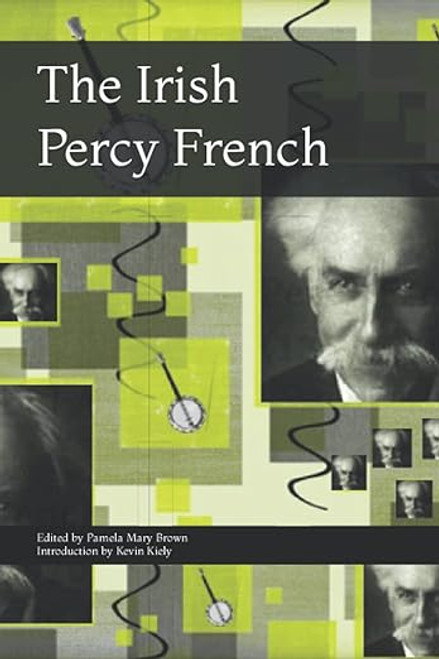Critically, John Boyle O’Reilly (1844-1890) retains his stature, rated by Professor Daniel Tobin in “A Versified Company” (2007) as ‘the most significant Irish American poet of the nineteenth century’. O’Reilly became supremo of “the Pilot” newspaper based in Boston MA, peaked its circulation through intrepid journalistic flair, also publishing Jane ‘Speranza’ Elgee-Wilde, Oscar Wilde and W. B. Yeats. Politically a Jeffersonian democrat, and Fenian recruiter born on the Boyne in Dowth (County Meath) connecting him to Druidic-Celtic origins. He was the internationally famous escapee from many prisons in England and Australia with a price on his head, surviving through permanent exile as weaponised polemical warrior who took on an empire.
O’Reilly’s pioneering work, actions and influence inspired the politicians Charles Stewart Parnell, Michael Davitt, Justin McCarthy, and American literati: Horace Greeley, John Greenleaf Whittier, Oliver Wendell Holmes, Henry Wadsworth Longfellow, and Mark Twain. Presidents Ulysses S. Grant and James Garfield lavished praise on his writings. O’Reilly, traumatised from early manhood as rebel-convict was a lifelong insomniac, zealous editor, fundraiser, agitator for the release of Fenian prisoners, champion of workers’ rights, abolitionist, ideologue espousing ‘True freedom makes the individual free/And common law for all makes Liberty!’
His public elegies commemorated Robert Emmet, Daniel O’Connell, John Mitchel, and Crispus Attucks the African-American patriot. “Liberty Lighting the World” proclaims his political philosophy: ‘Freedom is more than a resolution—he is not free who is free alone.’ O’Reilly envisioned Independent Ireland, and prophesied the European Union in the much celebrated poem “America”: ‘’Till Europe’s thirteen Monarchies are States,/Without a barrier and without a throne,/Of one grand Federation like our own!’ Otherwise “The Priceless Things”, “The Useless Ones”, “In Bohemia” and “Prometheus—Christ” reveal poetic strains of a radical voice. He is lyrical when devoid of political content, gaining devoted readers in posterity, including President John F Kennedy who repeatedly quoted his poem “Distance”.
John Boyle O'Reilly: Definitive Selected Poems Ed. Pamela Mary Brown
€12.00
- Shipping:
- Free Shipping











